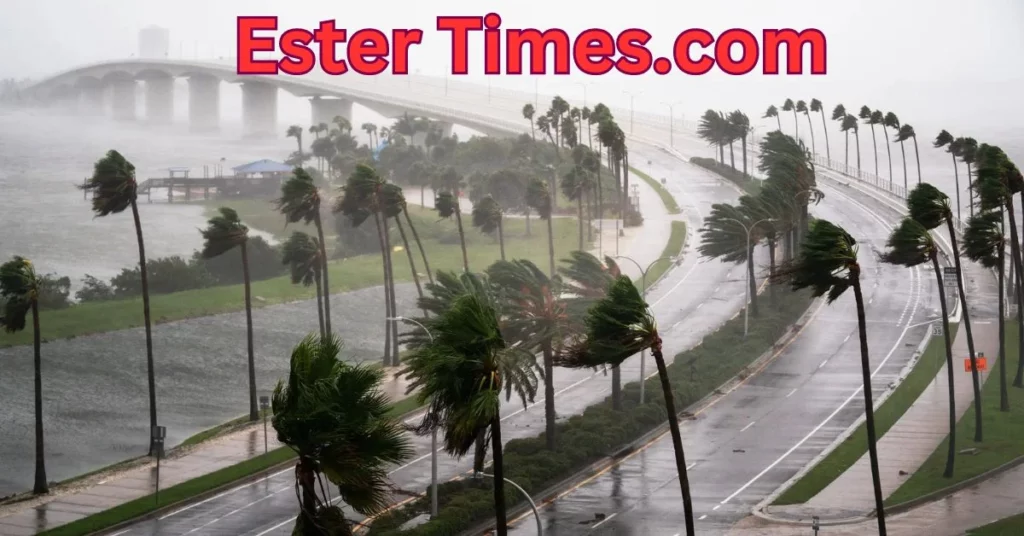The United Kingdom is ill-prepared for the devastation that future storms could bring, scientists have warned, in the aftermath of Storm Ciarán’s lashing across the country.
Experts believe that a warming atmosphere caused by emissions from the burning of fossil fuels will make storms more frequent and severe in the UK. This autumn alone, hurricanes have caused thousands of homes in the UK to flood, and last week, nearly 150,000 households were left without power.
The impact of Storm Ciarán was particularly felt in Jersey, Guernsey, and Alderney, where schools were forced to close due to the severe weather conditions. Across the British Isles, roofs were blown off homes, train lines were halted, and the Port of Dover was backed up with lengthy queues. In Surrey, the storm disrupted Thames Water’s treatment works, leaving thousands without water.
Scientists are concerned that the government is not putting enough effort into flood resilience measures, which could have dire consequences for people’s homes, livelihoods, and even lives.
Trevor Hoey, a professor of river science at Brunel University London and director of the Centre for Flood Risk and Resilience, expressed his concern that, amidst the numerous priorities that governments face, flood resilience may not receive the attention it deserves.
He emphasized the need to move away from a reactive approach, where measures are implemented only after a flood event, and instead adopt a proactive approach that considers mitigation and adaptation strategies on a national scale.
Professor Jim Hall, from the Oxford University Centre for the Environment, echoed Hoey’s concerns, stressing the importance of regular stress tests and exercises to ensure preparedness for future extreme weather events.
The traditional approach to flood prevention has relied on constructing large, complex structures to protect infrastructure. However, Hoey pointed out the limitations of this approach, citing its high cost and significant environmental drawbacks.
He advocated for a more holistic natural flood management approach, which involves working with nature rather than against it. This approach could include restoring peatlands and salt marshes to slow the flow of rainwater and prevent flooding, as well as protecting kelp beds to reduce wave erosion.
Professor Rick Stafford, the chair of the British Ecological Society’s policy committee, emphasized the role of nature-based solutions in building resilience against increasingly severe storms.
He highlighted the ability of healthy ecosystems to store excess rainwater and reduce wave action, thereby preventing flooding and protecting coastlines. He further emphasized the importance of recognizing the numerous services provided by ecosystems, including biodiversity protection and adaptation to climate change impacts.
Hannah Cloke, a professor of hydrology at the University of Reading, acknowledged the UK’s current unpreparedness for future storms, particularly in certain areas.
She emphasized the need for climate change adaptation measures, particularly in areas prone to rising sea levels, landslides, and river flooding. She urged individuals and communities to adopt a “prepare for the worst, hope for the best” mindset, taking proactive steps to prepare for the worst-case scenarios.
The UK’s vulnerability to future storms is a stark reminder of the urgent need for adequate flood resilience strategies. By embracing nature-based solutions and adopting a proactive approach to preparation, the UK can better protect its people and infrastructure from the devastating impacts of severe weather events.

